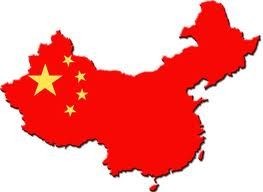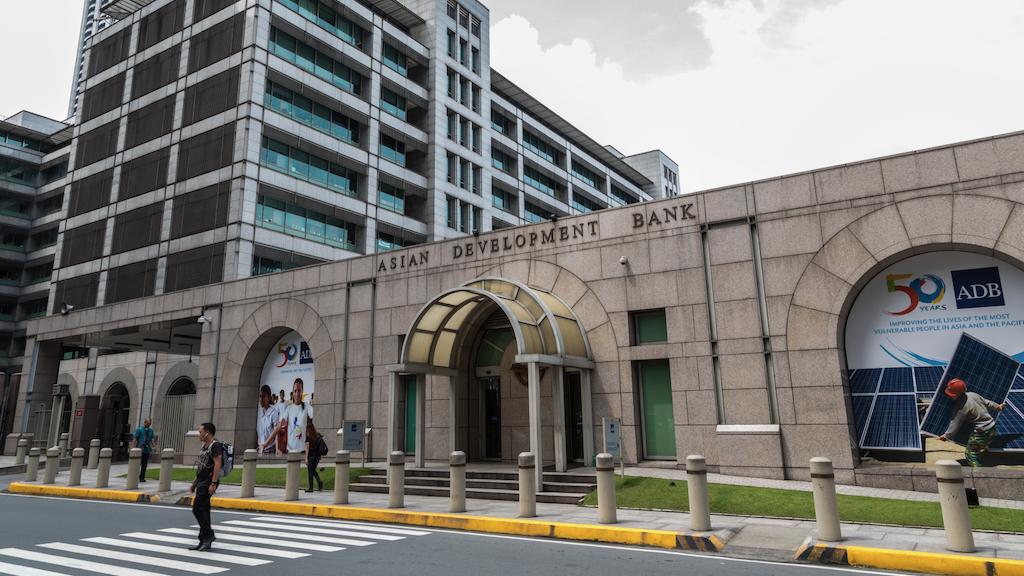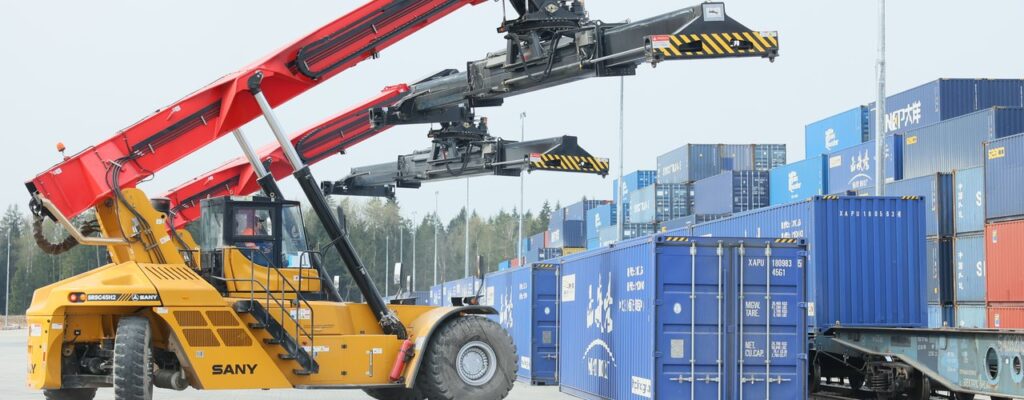BISHKEK (TCA) — Since China’s new Silk Road initiative was announced in 2013, the project has been “vague and unclear” in terms of concrete projects and the number of countries involved, Sputnik news agency reported citing a research by the French Institute of International Relations.
Meanwhile, two institutions to finance the implementation of the initiative have been established. In December 2014, the $40 billion Silk Road Fund was launched, and in December 2015, the Asian Infrastructure Investment Bank (AIIB) was established with a capital of $100 billion.
Moreover, Beijing will invest an additional $14.5 billion into the Silk Road Fund, China President Xi Jinping said at the Belt and Road Forum for International Cooperation held in Beijing May 14-15. Another $8.7 billion will be unveiled in the coming three years in aid to developing countries and international bodies in countries along the new trade routes.
As for the implementation of the New Silk Road initiative, Chinese officials say that a network of new logistics routes and facilities will be constructed, including new highways, railways, ports, pipelines and power plants, along the routes to connect China with the Asia-Pacific Region, the Gulf region, Central Asia, Africa and Europe.
According to experts of the Russian International Affairs Council, the development of the One Belt One Road initiative will help increase China’s foreign trade, deal with domestic overproduction and stimulate development in lagging regions, for example, in Xinjiang.
Since 2013, nearly 100 countries have expressed interest in the project, but not all of them are cooperating. Between 2014 and 2016, Chinese companies signed deals worth $305 billion in New Silk Road countries, according to Reuters.
At the same time, according to The Financial Times, Chinese investment into the New Silk Road decreased in 2016. Foreign direct investments from China to countries identified as part of the initiative decreased 2 percent in 2016 and has dropped an additional 18 percent in 2017, the newspaper reported, based on data from the Chinese Commerce Ministry.
Chinese bankers and businessmen told the newspaper on the condition of anonymity that many of the projects the government wanted them to invest in generate no profit.









